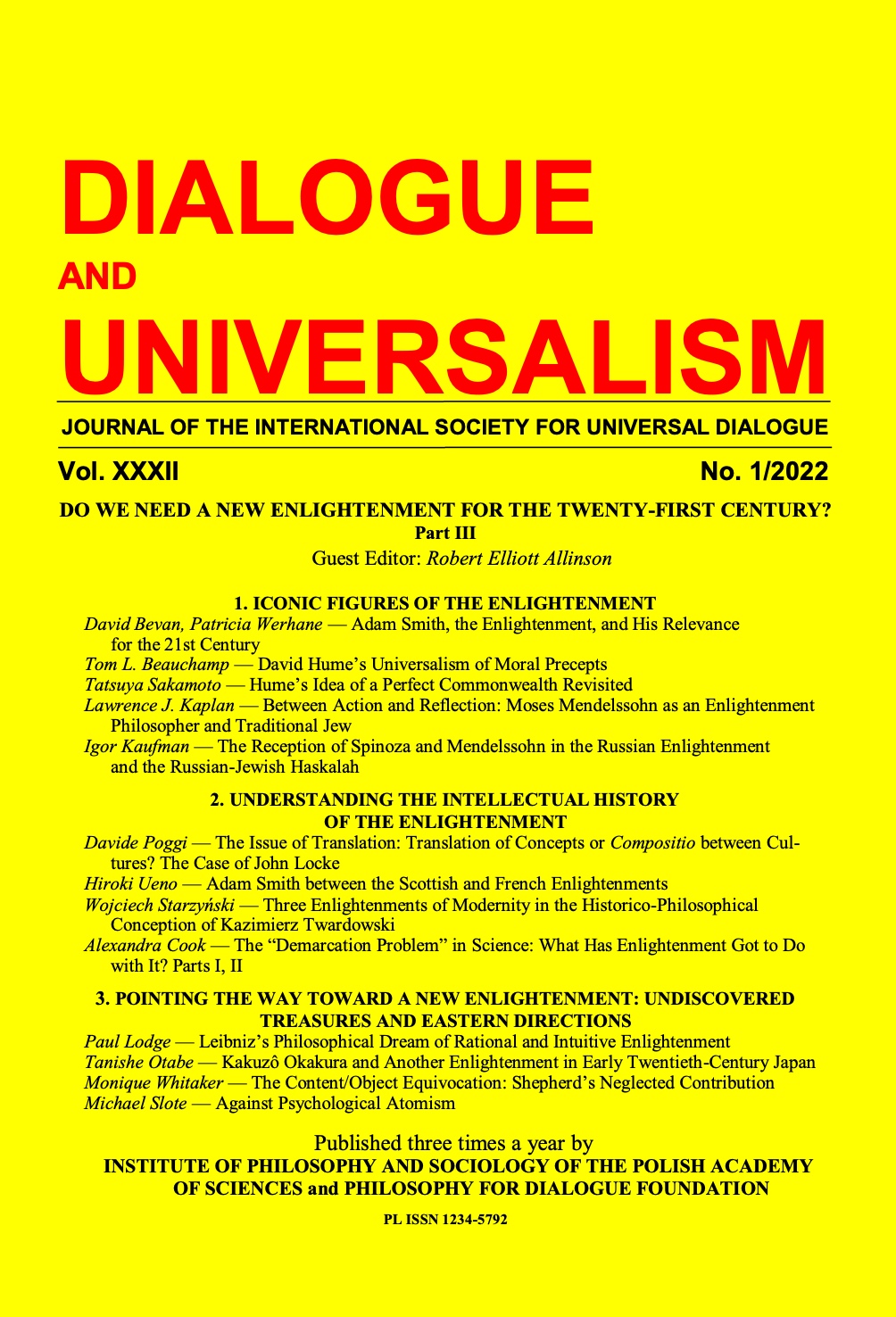PLATO’S DIALOGUES AS A FOUNDATION FOR UNIVERSAL DIALOGUE
PLATO’S DIALOGUES AS A FOUNDATION FOR UNIVERSAL DIALOGUE
Author(s): Martha C. BeckSubject(s): Philosophy, History of Philosophy, Philosophical Traditions, Political Philosophy, Social Philosophy
Published by: Instytut Filozofii i Socjologii Polskiej Akademii Nauk i Fundacja Filozofia na Rzecz Dialogu
Keywords: Plato; democracy; dialogue; tragedy; analogies
Summary/Abstract: In the Phaedrus and Seventh Letter, Plato says the spoken word is much more important than the written word. Plato’s dialogues have been discussed for 2400 years. The Founders of the International Society for Universal Dialogue describe philosophy as a universal dialogue. Particularly in this era of a decline in democratic societies, discussing Plato’s dialogues can educate us about how to preserve, and how to lose, free and open societies. Plato was born at the end of the “Golden Age” of Athens. By the time he was 30, Athens had destroyed itself. Abuses in the economic system, the military, the medical community, the legal profession, the political community, the arts and in education led to social instability and the election of a dictator, in the name of a return to “traditional” values. Plato wants us to discuss analogies with our own societies.
Journal: Dialogue and Universalism
- Issue Year: 2022
- Issue No: 3
- Page Range: 293-313
- Page Count: 21
- Language: English

